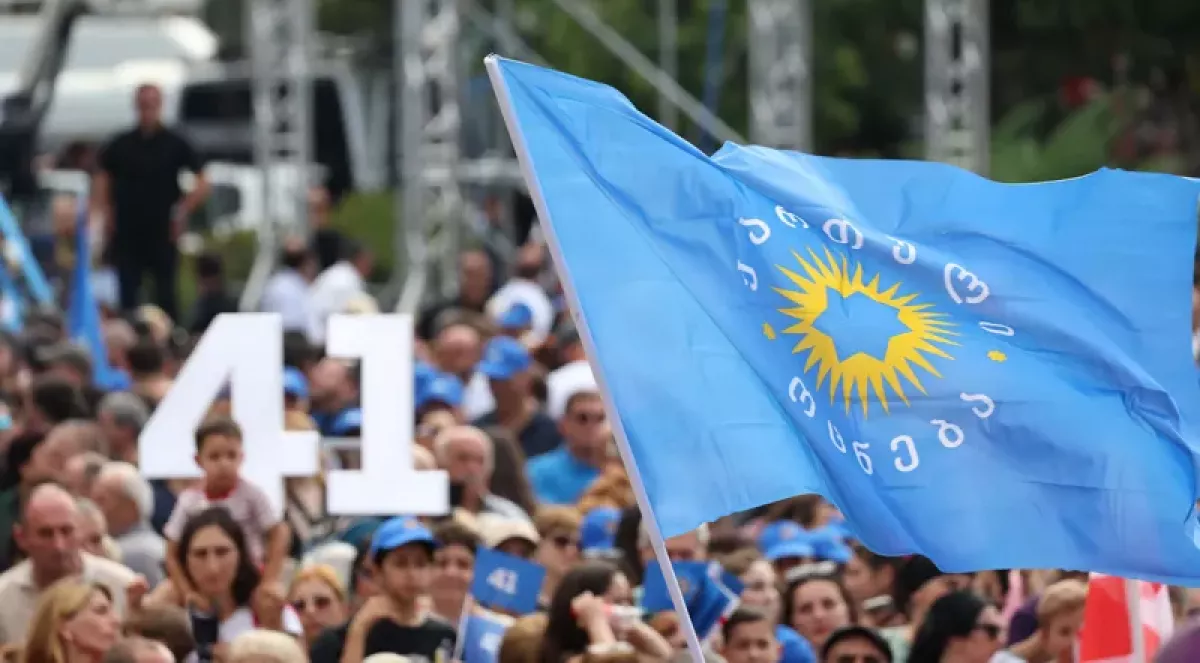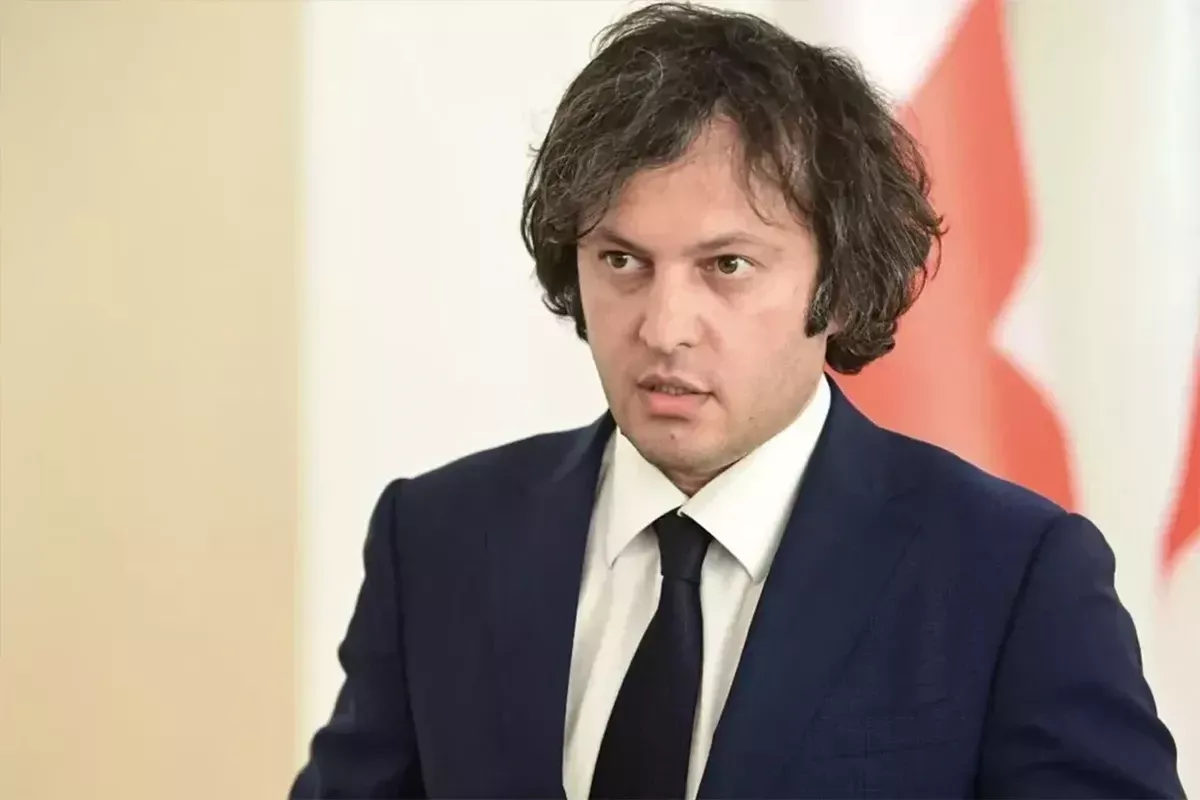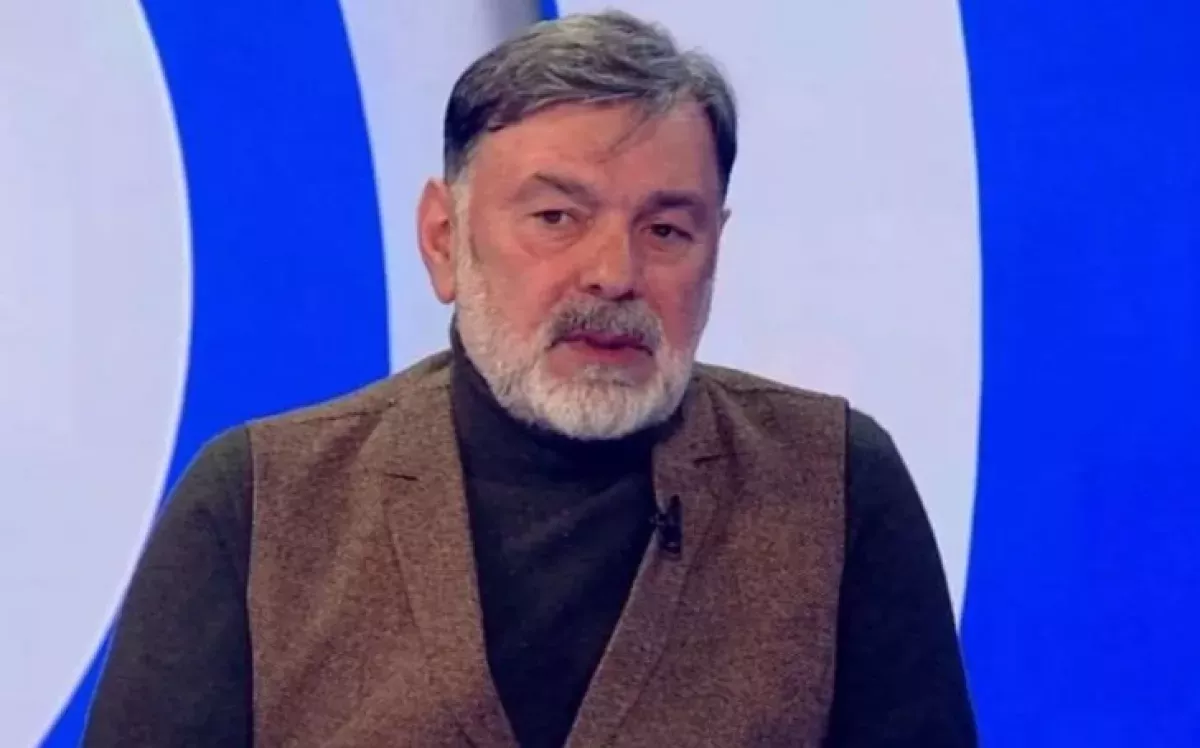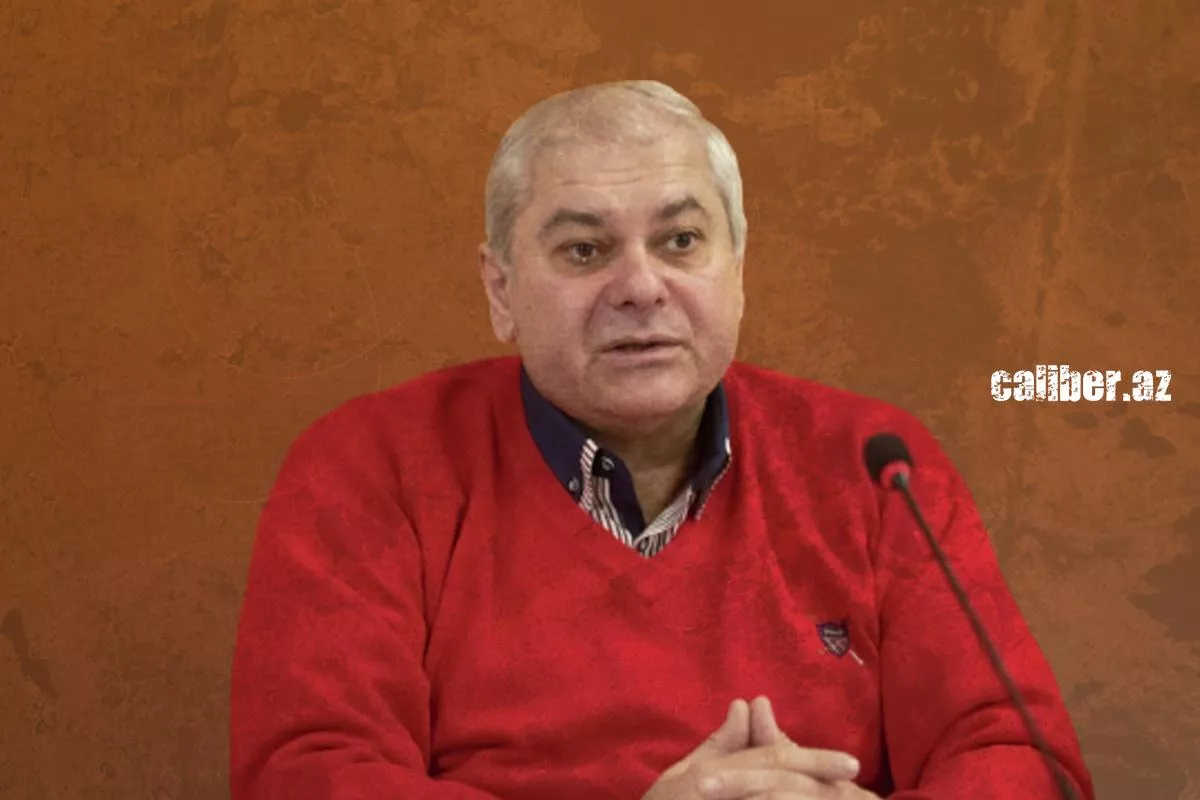The failure of the Georgian “Maidan” Experts say opposition’s coup attempt collapses
The Central Election Commission reported that, after counting votes from 98% of polling stations, candidates from the ruling party Georgian Dream were elected mayors of Tbilisi, Rustavi, Kutaisi, Batumi, and Poti.
Local self-government elections were held on Saturday, October 4. Voter turnout was 40.93% — a total of 1,438,116 people voted. Across Georgia, Georgian Dream received the support of 80.272% of voters.
According to the preliminary results of the Central Election Commission, Nino Latsabidze will become mayor of Rustavi, receiving 91.933% of the votes (30,962 votes). In Kutaisi, David Eremeishvili won with 85.649% (37,635 votes).

In the Batumi mayoral race, Giorgi Tintsadze received 80.616% of citizens’ votes (42,815 votes). In Poti, the incumbent mayor Beka Vacharadze was the only candidate, and according to the Central Election Commission, he received 100% of the votes (14,431 votes).
As for the capital, Kakha Kaladze won with 71.58% — 215,000 votes.
The elections for mayors and deputies of local representative bodies — sakrebulo — were held in 64 cities and districts across the country. A total of 3,513,818 Georgian citizens aged 18 and over were eligible to vote. They had access to 3,061 polling stations.
Representatives from 28 international and 27 local organisations monitored the elections.
Georgian Prime Minister Irakli Kobakhidze, in turn, announced the failure of an attempted coup organised by foreign intelligence services.
“October 5 has arrived, and the coup attempt has failed. We all remain in Georgia — from Bidzina Ivanishvili to every member of Georgian Dream… Anyone who tried to strike at our statehood during the action organised by foreign intelligence services will receive the strictest response. Georgia is not a country where foreign intelligence services can be allowed to overthrow power,” Kobakhidze said at a briefing.

He added that the EU ambassador bears responsibility for the mass protests on the day of the municipal elections.
According to the prime minister, “specific individuals from abroad” openly supported “an attempt to overthrow the constitutional order.” “Among them, for example, a representative of the European Union,” Kobakhidze noted (quoted by Rustavi2), emphasising that the diplomat supported the protest actions.
The prime minister called on the ambassador “to step forward, distance themselves, and decisively condemn everything happening on the streets of Tbilisi.”
In addition, the State Security Service of Georgia reported the prevention of armed sabotage in Tbilisi. At an emergency briefing, the First Deputy Head of the SSS, Lasha Magradze, announced the completion of a major special operation.
During the operation, individuals planning to deliver weapons and explosives to central Tbilisi were neutralised. Security services seized a significant amount of weaponry, ammunition, and explosives.
Magradze clarified that the detainees “were allegedly planning to transport ammunition and explosives to the capital” with the aim of destabilising the situation on election day.
According to the SSS, thanks to these preventive measures, a serious plan to undermine national security, scheduled for October 4, was successfully thwarted.
On the night of Sunday, the Ministry of Internal Affairs arrested five organisers of the protest, including National Movement party member Murtaz Zodelava and opera singer Paata Burchuladze, for calls to overthrow the government and organising group violence. They face up to nine years in prison.
How can the events of the past weekend in neighbouring Georgia be characterised? Has the ruling party once again proven that it enjoys the support of the majority of voters? How high was the risk of a coup, a “Maidan,” and similar threats?
These questions were addressed by prominent Georgian experts in an interview with Caliber.Az.

The founder of the movement United Neutral Georgia, political analyst Bidzina Giorgobiani, noted that this past weekend marked the fifth attempted coup in the country since 2020.
“Those extremist groups, calling themselves political parties and claiming some political affiliation, have tried for the fifth time to violently overthrow Georgia’s constitutional authorities and return the country to the 1990s — a period of chaos and instability.
But they failed again, because Georgia is no longer the country or society that allowed an armed coup in 1992 or the so-called ‘Rose Revolution’ in 2003, when Georgians believed wholeheartedly in Western values. Back then, people thought everything coming from the West served Georgia’s interests. Today, however, Georgians critically assess various interventions by Western bureaucrats, primarily from Brussels, directed at their country.
Many opposition parties boycotted the local elections because they were running a ‘pre-election campaign’ not here, but in the West — in Brussels and other capitals. That is why Georgian Dream feels confident. It received a high level of support because most of its competitors chose the path of extremism, which we all witnessed on television. We, and the whole world, saw it happening live — just as is typical during so-called ‘colour revolutions.’ Thus, Georgian Dream won quite convincingly.
The only concern is the lack of a constructive and state-oriented opponent for the ruling party. The presence of such an abnormal adversary as the former ruling United National Movement prevents the formation of a healthy opposition. But perhaps, over time, this may change,” Giorgobiani said.
He emphasised that the outcome of October 4 marked the collapse of the opposition and radical groups.
“I think they have realised, once again, that a violent change of power in Georgia is impossible. A generation that has lived through all these years and has its own experience — including the 1992 war — will not allow power to be overthrown a second time. Every subsequent change of government in Georgia will happen only through elections. And this must be understood by everyone — in Brussels and everywhere decisions are made and from where opposition parties are funded.
The future depends on them. If they continue to take instructions from the West, they will have no future in Georgia.
Perhaps, at the same time, opposition members will continue holding some street gatherings. This is a marginal group of 100–150 people who gather every evening on Rustaveli Avenue. At night, they block the street for an hour or an hour and a half, sitting and talking. If they have been pushed to this by their own sponsors, they will not be able to continue like this for long,” the political analyst said.

Professor of Political Science and Honoured Journalist of Georgia, Badri Nachkebia, in turn, emphasised that the recent elections were indeed exceptional.
“They were exceptional because the opposition approached them divided. I do not recall such a decentralised opposition since Georgia gained independence in the early 1990s. Boycotting the elections was not a move that could benefit the parties that decided to participate. That is why some relatively large opposition forces — the party of former Prime Minister Gakharia and the Lelo party of banker Mamuka Khazaradze — distanced themselves from the boycott strategy proclaimed by the United National Movement. They hoped to capture the votes of National Movement supporters, but as we can see from the results, this did not happen. Even in the traditionally opposition-leaning Tsalenjikha district, the opposition managed to secure no more than 30% of the votes.
The total victory of Georgian Dream highlights the high degree of polarisation in society. At the same time, it is clear that we have never had such an unprepared opposition. The talks about a possible ‘revolution’ on October 4, all those expectations and plans, failed. Now, most likely, a period of serious stagnation will begin in the opposition,” the professor said.
According to him, Georgian Dream will remain consolidated.
“However, the West does not support it. Some party leaders are under sanctions. At the same time, Prime Minister Kobakhidze says that there is no alternative to the Euro-Atlantic path. If new sanctions are imposed on Georgian Dream tomorrow, they will have to respond. And if, God forbid, the visa-free regime is cancelled, it will provoke significant public discontent. In that case, something spontaneous, but unorganised, could happen.
We see complete disarray in the opposition, which could not even demonstrate that it has leadership. The ruling forces are successfully taking advantage of this. Today, Georgian Dream is a powerful coalition, whose main argument is that it managed to maintain peace when the international ‘party of war’ tried to drag Georgia into confrontation with Russia and open a ‘second front.’
Attempts to destabilise the situation in Georgia continue, which is not surprising, as there are forces both inside the country and beyond its borders ready to take radical measures for short-term goals. The ruling party faces a serious challenge — to somehow prevent the final collapse of Georgian–European relations. Unfortunately, the trend is precisely in that direction, which is dangerous for the state.
The United States has so far shown little initiative in addressing the current political configuration in Georgia. They respond very slowly and provide recommendations to the authorities. In turn, the Georgian leadership has stated that it fully supports the Trump administration’s policy in the fight against the deep state and liberal forces. I think that by the end of the year, the U.S. will make a decision that will finally determine Georgia’s geopolitical trajectory,” Nachkebia concluded.








